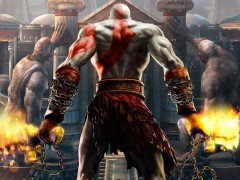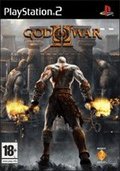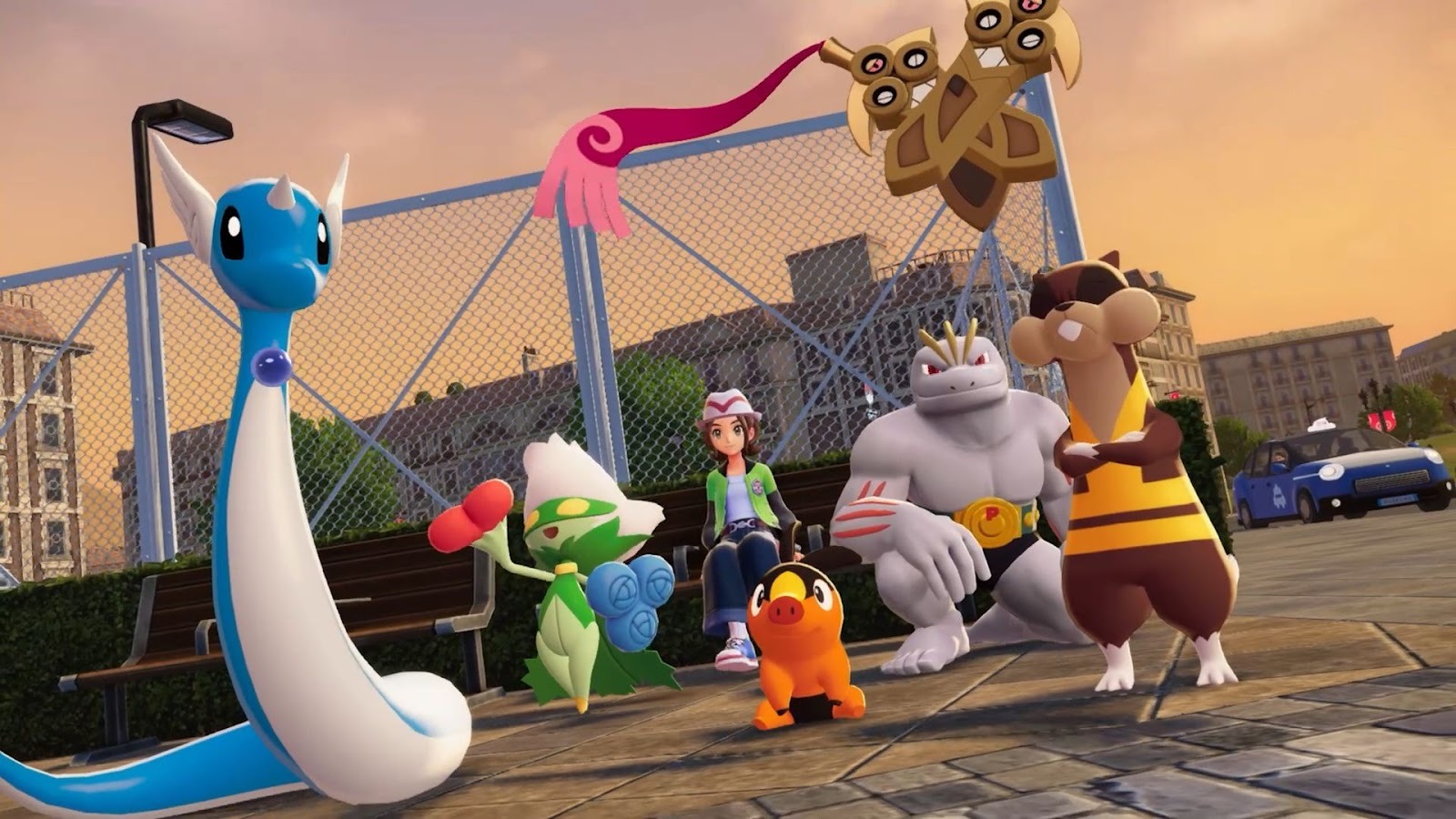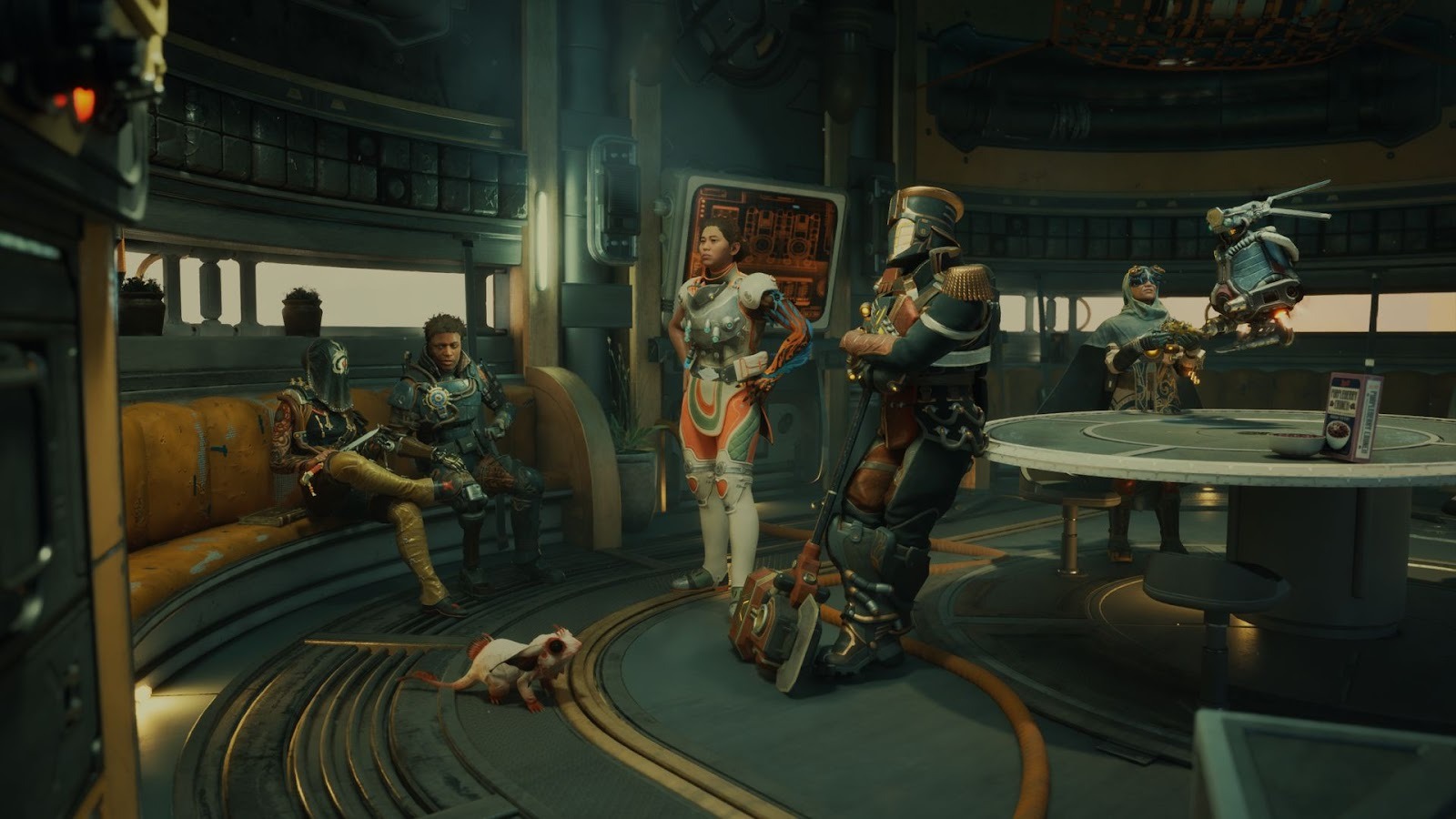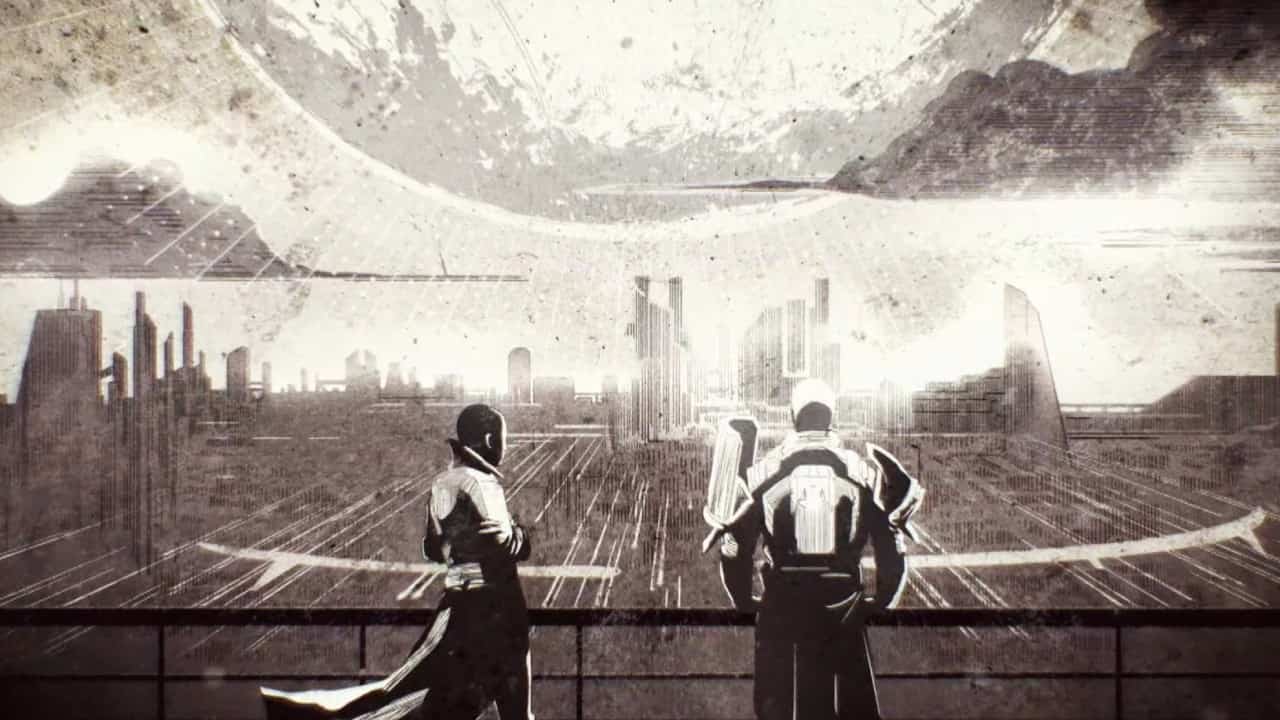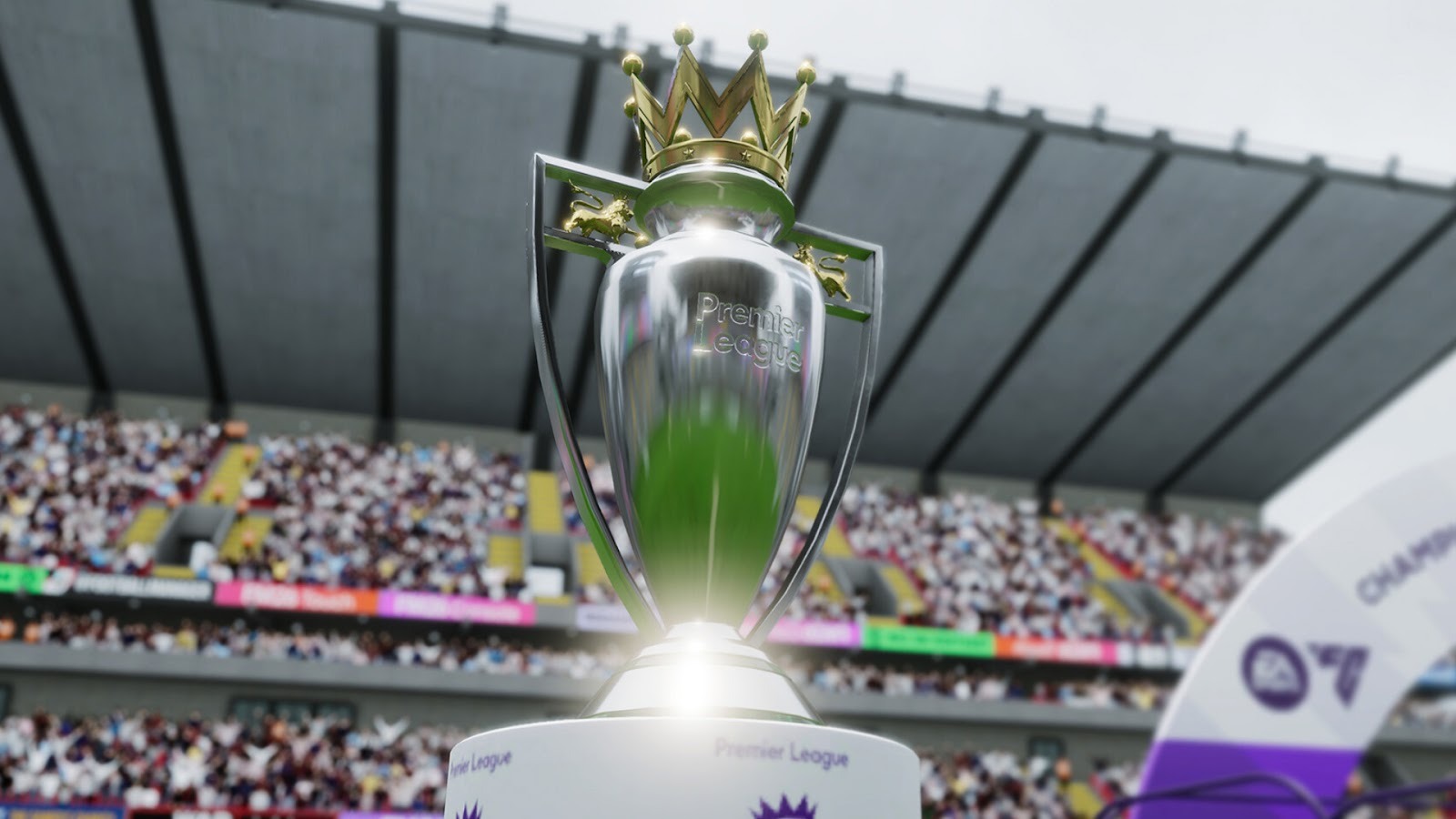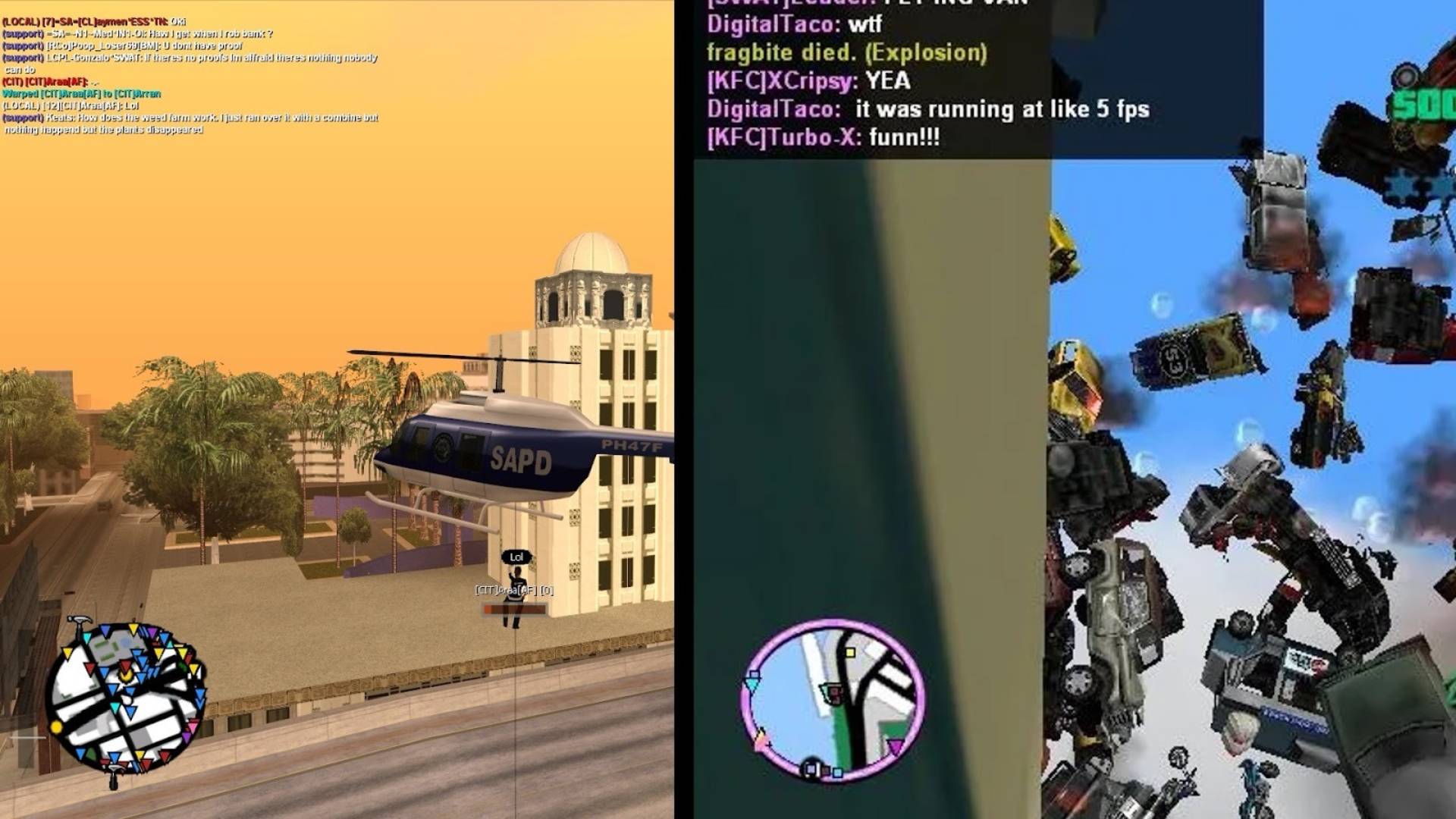You can trust VideoGamer. Our team of gaming experts spend hours testing and reviewing the latest games, to ensure you're reading the most comprehensive guide possible. Rest assured, all imagery and advice is unique and original. Check out how we test and review games here
In a former life I was on staff for gamesTM magazine, the 180-page behemoth that has only dished out a handful of 10 out of 10 scores in its decade-plus lifetime. One of those scores, possibly the most controversial and almost certainly the most disputed, is my 10 out of 10 awarded to Sony Santa Monica’s masterful action epic, God Of War 2.
Now this did come during a period on the mag where the highest score was less deified than it once was; on-team discussions sought to change the perception of a ’10’ from perfection to merely world-class. Nonetheless, it’s a decision that is greeted with snorts of derision by many. And it’s easy to see why.
To that aforementioned ‘many’, God of War, and its bawdy, violent and perpetually-angry protagonist Kratos, is not the type of series that belongs in discussions about the greats. To an outsider, a casual commentator or a series flirter, God of War is the same angst-ridden noise that swamps the big-budget gaming scene. To those who know, though, those who’ve conquered Kratos’ vast quests and witnessed his bitter, seething torment, the series is something much more grand, much more gratifying.
The world Sony Santa Monica has meticulously – and at times outrageously – constructed over the years (with the help of the superb Ready At Dawn and its pair of PSP offerings) is amazing. Truly. It’s so easy to dismiss and deride this lavish homage to the works of Homer and the CliffNotes of a Classics GCSE because of its gore and (sparing) smuttiness, but it’s a triumphant universe of colour and imagination, of comedy and tragedy.
I’d not hesitate to call the God of War series Sony’s Zelda; a flagship franchise that belies its tantalising exterior with devious puzzles and masterful storytelling. Yes, those puzzles. Even in the first God of War, we were put through vast spatial conundrums that far exceed their block-shunting origins, and as the series has progressed we’ve had to manipulate time and reality to solve rooms that put the likes of Darksiders and other Zelda-wannabes to shame.
And as for the story: it’s a boisterous, savage tale of power, deceit, guilt and fury that feels like a long-lost verse of The Odyssey, pitched perfectly in the original game and expanded upon expertly in the second.
If the first God of War, then, was a masterpiece of action, puzzle, spectacle and story, it let itself down in the way so many games do – a sputtering finale hampered further with frustrating, poorly-considered gameplay design (who can forget those spinning poles of death?). Its legacy was already assured, but it was a game that had ultimately left a bitter taste in the mouth. When God of War 2 was announced, it would have been easy to ignore in the face of the mighty PS3. My perception, at least, was of a Disney-style straight-to-DVD follow-up; a Lion King 2 to shut the PS2 kids up while Kutaragi’s Cell-powered main event titillated the grown-ups.
/https://oimg.videogamer.com/images/5233/godofwar2c.jpg)
I couldn’t have been more wrong. While the PS3 coughed and whimpered into life with the likes of Lair and the utterly risible Genji 2, God of War 2 burst through the office TV laughing at its new overlord like Kratos himself lauding it over the Gods of Olympus. That opening; the city-wide battle with the reanimated Colossus Of Rhodes, was unquestionably more impressive, more emotive and more vital than anything the next-generation had yet offered, and its culmination – which saw Kratos betrayed by Zeus and banished to Hades – packed in more drama and portent that most games manage in their spiraling entireties.
The series has seen a different director helming each iteration, with the always outspoken David Jaffe birthing the Ghost of Sparta Kratos, before Corey Barlog (lead animator on the original game) took over for the sequel. His vision was simple enough – scale. Everything had to be big, to outdo what the original had managed. In an interview with Shacknews just prior to God Of War 2’s launch, Barlog said “Occasionally, the art director would come to me and say, ‘Dude. We can’t do this. This is way too big.’ Somehow I would convince him – drug him, give him a beer – that this would be possible. He’d walk away saying, ‘Did I just agree to do that again? I told him I wasn’t going to do it.’ But to his credit, he found solutions to problems we thought were unsolvable, where on God of War I we thought, ‘This is it. This is the best it gets.'”
And it shows. After the almighty battle with the Colossus, God Of War 2 catapults Kratos through a whistle-stop tour of Grecian mythology. There are so many cameos from gods and mortals alike that the later games have had to throw in real historical figures just to bump up their rosters (see Archimedes in Ascension), and seeing the likes of Icarus, Perseus and Heracles is enough for a Classics nerd like myself to be caught grinning from ear to ear. At one point Kratos literally tears the wings from Icarus’ back, steals them and uses them to fly himself – all while falling down a bottomless pit. That is the sort of bravado we’re dealing with here.
The level design is colossal, and backed up by the finest third-person camera in the industry. One level, set in and on top of the enormous Titan Atlas (who also converses with you in real time), is so impressive that it makes other games look amateurish in comparison. It’s also the moment where the elusive ’10’ first appeared in my thoughts.
By the time God Of War 2 thunders its way to an ending that sees you toying with the very fabric of time, changing the notion of destiny and battling the king of gods himself, Zeus, there was no doubt in my mind. Never a moment where the game lulls, and seemingly never a lazy piece of art or reused asset. And even when you’re thrown into battle with hundreds of enemies, it feels more like a gauntlet than idea-sapped padding.
Where most games would use a corridor to get you from set piece to set piece, God Of War 2 might use a skyscraper-sized chain attached to a city-sized pack of stone horses. It’s tantamount to boasting, sure, but it’s also the result of a highly talented and supremely hard working team. Barlog and Sony Santa Monica assembled a super squad of sorts – not one of established names, but one of fire and passion. “Each one of these guys was frustrated with the jobs they were at, making games that weren’t so good – but they loved what they did,” Barlog explained. “They would stay until 3 A.M. to make something really good, when somebody had already said it’s good enough. They said it’s not. That’s been the mantra of everybody on this team. I’ll even say something is done, it’s good, and I’ll see the guy stay until 3 or 4 in the morning because he wasn’t happy with that one aspect. That kind of attention to detail, that kind of pride in your work is not seen in a lot of places.”
/https://oimg.videogamer.com/images/dac9/godofwar2d.jpg)
Ultimately, though, God Of War 2 is nothing without its indomitable antihero Kratos. The games are Kratos; they are the embodiment of his rage, his disgrace, his thirst for vengeance. Every element of God of War’s design is constructed to reflect this – the violent struggle to open a chest or a door, the rampant dissection of even his weakest enemies; the destructive solution to all adversity.
God of War 2 understands its character beautifully. A man become god become man, who battles for a vengeance he can never achieve. He was tricked into killing his own family, and blames Ares (the God of War in question). But he knows that his own thirst for power as a mortal is what brought about his true downfall; the only true blame lies with himself. And as Kratos is torn apart by the Blade of Olympus; struck down by his own father, we see that guilt manifest physically. Yet Kratos fights on, defying even himself as he wages a war he can never win.
It’s a great yarn, and one perfect for an action game. After all, as sophisticated as its puzzles can be and as artful as its design so often is, this is a game about hitting, about mutilating, about obliterating. It’s one of the few video games where narrative ties into form to build a truly coherent language; and it’s also, crucially, a game that’s endlessly good fun to play.
So, some six years on, I still feel comfortable in awarding my only 10 out of 10 score to Barlog’s God Of War 2. Like Kratos himself, it might seem out of place at the peak of Olympus, alongside BioShock, Metroid Prime and GTA 4, but like the ghost of Sparta, it has a heart and self-belief that’s as potent now as it was in the PS2’s final hours.
Ten.
